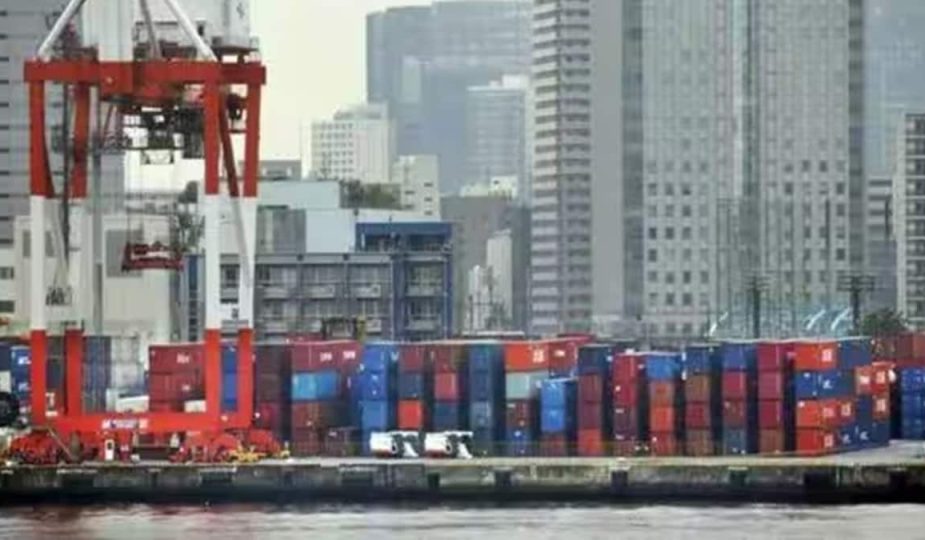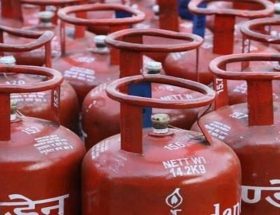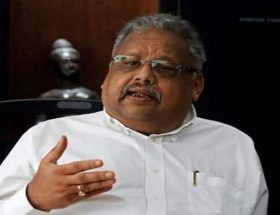
Officials’ meet shape agenda for Abu Dhabi WTO ministerial
A two-day meeting of senior officials of the World Trade Organisation (WTO) member countries which concluded in Geneva last Tuesday shaped agenda for the coming ministerial meeting of the world body, by narrowing down the differences over the key issues of agriculture, dispute settlement, e-commerce taxation, according to official sources.
The direction and political backing provided by the meeting will guide Geneva-based negotiators as they try to arrive at a common ground on these issues and place it before the topmost decision making body of the WTO in Abu Dhabi in February next year.
From India’s point of view the issues of highest priority are finding a permanent solution to the issue of public stockholding and procurement of foodgrains at administered prices, and bringing cross-border e-commerce under taxation.
Developing countries led by India are demanding a permanent solution to provision of public stockholding and government purchases at administered prices which they say is an important building block of food security superstructure. The big food exporters, however, maintain that removing trade distorting subsidies would serve that purpose well.
Developing countries already have a ‘peace clause’ that was agreed to at the Bali Ministerial Meeting in 2013 and allows them to carry on with their domestic support programmes but they want to make it permanent.
“The discussions yesterday demonstrated Senior Officials’ strong engagement in favour of a credible food security outcome at MC13, including a commitment to agree on broad parameters to guide the negotiations post-MC13 to reach substantive outcomes by MC14 which would strengthen the agricultural trading system,” Chairpersons’ Summary on the meeting said.
The decision on not taxing cross-border electronic transmissions was taken in 1998 and the waiver has been extended every two years. Now as the e-commerce has grown multifold India wants the waiver to go. At the meeting of senior officials these differences still remained with some member countries insisting on extending the moratorium on e-commerce tax beyond MC13.
The e-commerce taxation issue is being discussed in detail by the officials at the WTO. Next month the WTO report on the issue prepared in collaboration with the International Monetary Fund, World Bank, United Nations Conference on Trade and Development, Organisation for Economic Cooperation and Development (OECD) will be released that will guide the talks further.
On fisheries subsidies the officials expressed their commitment to conclude the second phase of negotiations and the entry into force of the Agreement on Fisheries Subsidies.
The WTO countries at MC 12 had concluded the first phase of the agreement under which it was agreed to prohibit developed countries, engaged in distant water fishing, not to provide subsidies for illegal, unreported and unregulated fishing activities.
However, the countries have to negotiate about the other issues of the agreement which include overfishing and overcapacity.
Besides formulating norms for global exports and imports, the Geneva-based 164-member multi-lateral body adjudicates trade disputes among the member countries.
High on the agenda for the WTO as a whole is to get the dispute settlement system working again as per the commitment made in the Ministerial Conference 12 which was held in Geneva in 2022. The officials reviewed the progress among negotiators on the issue and laid down broad principles and injected a sense of urgency in further talks that can lead to a meaningful outcome at the MC 13.
The dispute settlement system at the WTO has been in limbo since the US in 2017 started blocking appointments to the appellate body of the dispute settlement system as the judges there retired. By 2019 the system became non-functional. Since 2020 all seven seats of the appellate body have been vacant.
This has resulted in a situation where rulings by the dispute settlement body of the WTO cannot be implemented as the system of appeal is not available. Normally more than 70% of the rulings by dispute settlement body end up in appeal.








